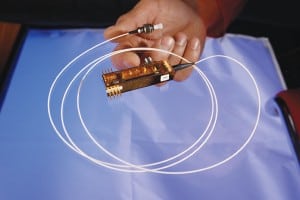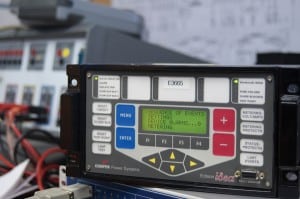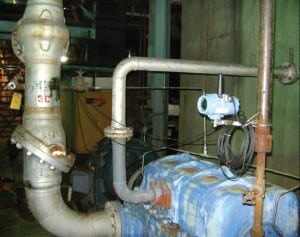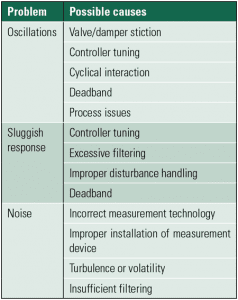Instrumentation & Controls
-
Instrumentation & Controls
Quantum Cryptography Promises Un-Hackable Industrial Communications
Cybersecurity awareness and best practices are increasingly central to the power generation, transmission, and distribution industry. Industrial cybersecurity concerns, recently heightened by awareness of how
Tagged in: -
Instrumentation & Controls
What You Need to Know (and Don’t) About the AURORA Vulnerability
Perhaps because the public has been more obsessed in recent years by cybersecurity breaches involving everything from social media accounts to classified military secrets, the amount of attention given to the
Tagged in: -
Instrumentation & Controls
New ISA Cybersecurity Standard Published for Industrial Control Systems
A recently published standard has been adopted globally to address risks arising from the use of business information technology (IT) cybersecurity solutions to address industrial automation and control systems (IACS) cybersecurity in complex and dangerous manufacturing and processing applications. The ISA-62443 series of standards, being developed by the ISA99 committee of the International Society of […]
Tagged in: -
O&M
Industrial Wireless Sensors: A User’s Perspective
There are many reasons to anticipate that the use of wireless instrumentation in industrial settings will increase dramatically in the next few years.
-
Instrumentation & Controls
Quantum Cryptography Promises Un-Hackable Industrial Communications
What if you could send a control message between two points on the electricity grid—say between a control room operator and a turbine or between a system operator and a generating plant—and know that there’s no way that message can be intercepted, altered, or spoofed to effect malicious ends? That possibility may be only a couple of years away.
-
Instrumentation & Controls
Troubleshooting and Solving Poor Control Loop Performance
Only through proper troubleshooting and then solving the underlying problems can control loop performance be improved. Process design certainly plays a role in control loop performance, but experience has shown that the majority of control loops can perform better—provided that the root cause of the poor performance is found and corrected.
-
Instrumentation & Controls
House Holds Cyber Threat Hearing as NIST Begins Preliminary Work on Cybersecurity Framework
Panelists at a House hearing on Tuesday held to examine steps the federal government and private sector are taking to bolster the nation’s critical infrastructure security shed light on the extent and variety of possible cyberattacks and called for flexible solutions. The hearing was held days after the National Institute of Standards and Technology (NIST) released its initial analysis of hundreds of comments submitted in response to President Obama’s February 2013 cybersecurity executive order.
-
Instrumentation & Controls
Newly Developed Software Isolates Cyber Attacks on Networked Control Systems
A software algorithm developed by researchers from North Carolina State University promises to detect and isolate cyber attacks on networked control systems.
-
Nuclear
Mexico Uses Nuclear Plant Simulator for Safe Training
Mexico’s Federal Electrical Commission needed a safe way to train new operators at its Laguna Verde Nuclear Power Plant in Veracruz, so it developed a stand-alone process simulator that allows trainees to practice a wide variety of plant operations and responses to incidents without putting the plant itself at risk.
-
Coal
ARPA-E Plays Matchmaker for Innovative Energy Research Projects
The Advanced Research Projects Agency-Energy (ARPA-E) may be the most important federal agency many in the power industry have never heard of. Whatever generation technology you are associated with, ARPA-E’s work will affect its future.





